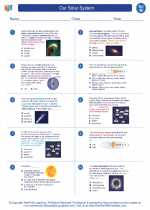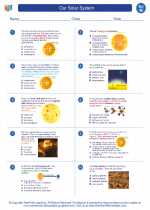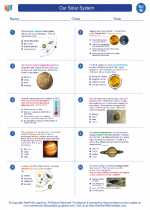Cardiovascular Physiology
Cardiovascular physiology is the study of the function of the heart and blood vessels, and the way they work together to deliver oxygen and nutrients to the body's tissues and remove waste products.
Components of the Cardiovascular System
- Heart: The muscular organ that pumps blood throughout the body.
- Blood Vessels: Arteries, veins, and capillaries that transport blood to and from the heart.
- Blood: The fluid medium that carries oxygen, nutrients, and waste products.
Functions of the Cardiovascular System
The cardiovascular system performs several important functions:
- Transportation: It transports oxygen, nutrients, hormones, and waste products to and from the body's cells.
- Regulation: It helps regulate body temperature and pH, and plays a role in immune function.
- Protection: It helps protect the body against blood loss and infection.
Cardiac Cycle
The cardiac cycle is the sequence of events that occurs in the heart during one heartbeat. It includes the phases of diastole (relaxation) and systole (contraction) of the heart chambers.
Blood Pressure
Blood pressure is the force exerted by the blood against the walls of the blood vessels. It is important for maintaining the flow of blood to the body's tissues.
Study Guide
When studying cardiovascular physiology, it's important to focus on the following key concepts:
- Structure and function of the heart
- Cardiac cycle and the events of diastole and systole
- Components and functions of blood vessels
- Regulation of blood pressure
- Transport of oxygen and nutrients by the blood
- Disorders and diseases of the cardiovascular system
Understanding these concepts will provide a solid foundation for comprehending the intricacies of cardiovascular physiology.
Feel free to reach out if you have any specific questions or need further clarification on any of these topics!
[Cardiovascular Physiology] Related Worksheets and Study Guides:
.◂Science Worksheets and Study Guides Eighth Grade. Our Solar System

 Worksheet/Answer key
Worksheet/Answer key
 Worksheet/Answer key
Worksheet/Answer key
